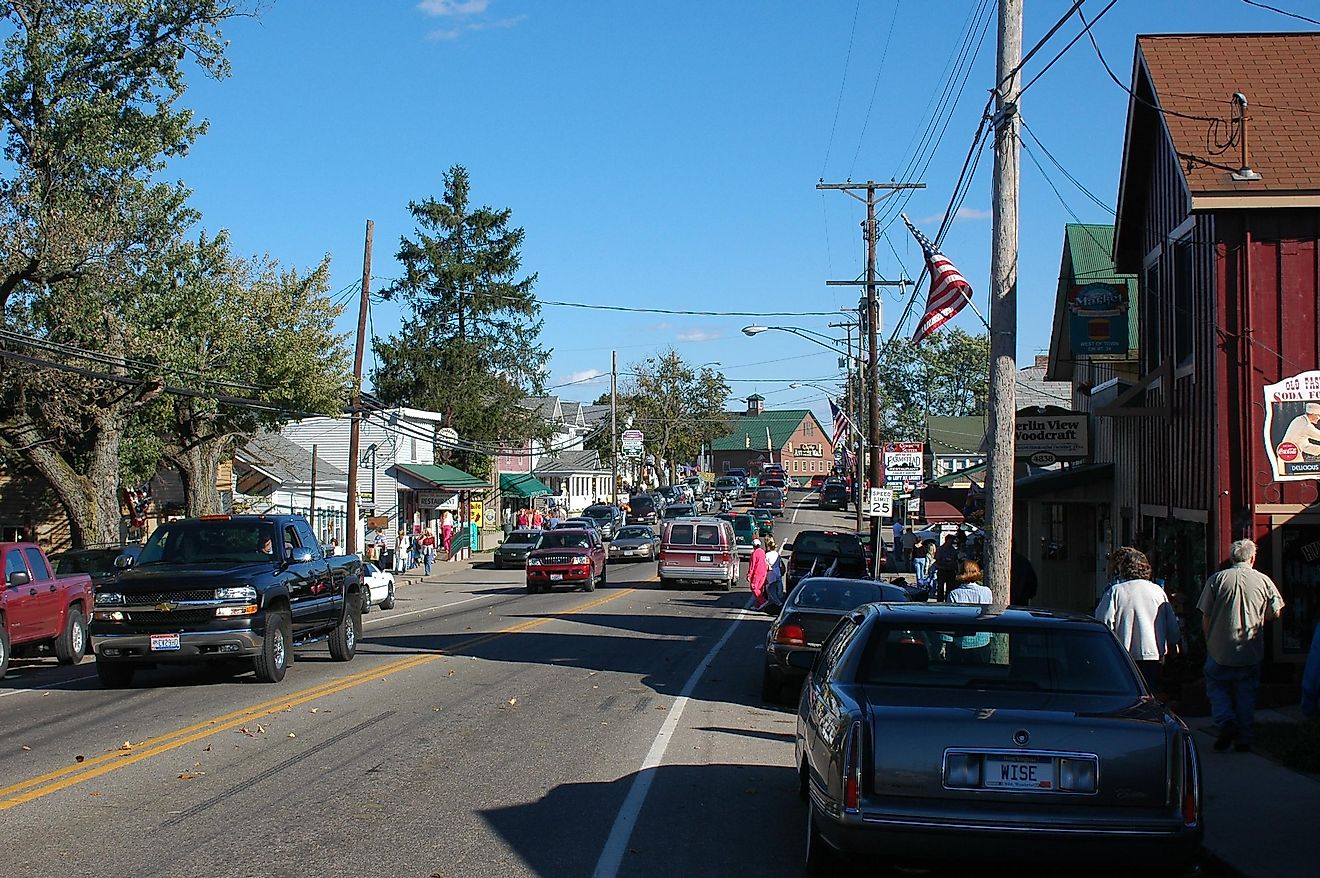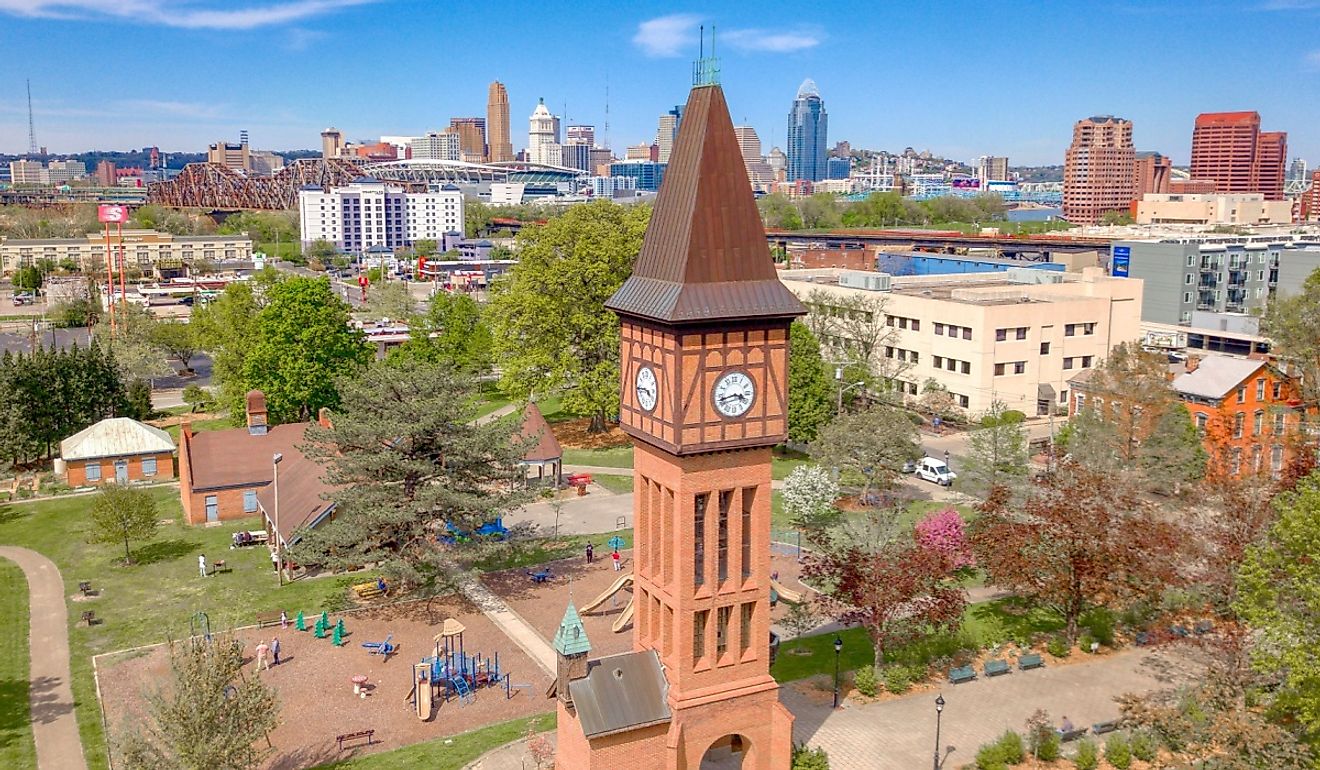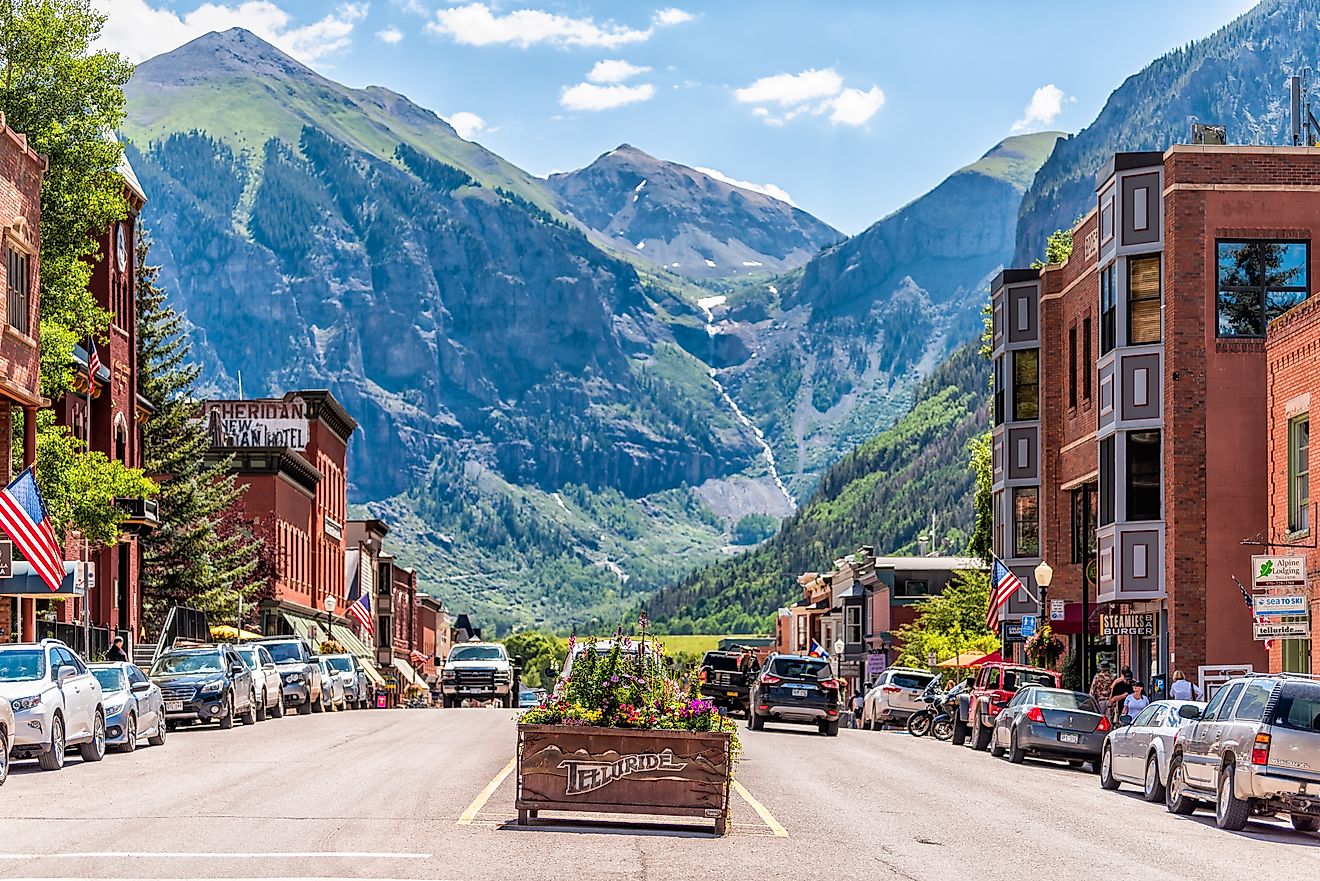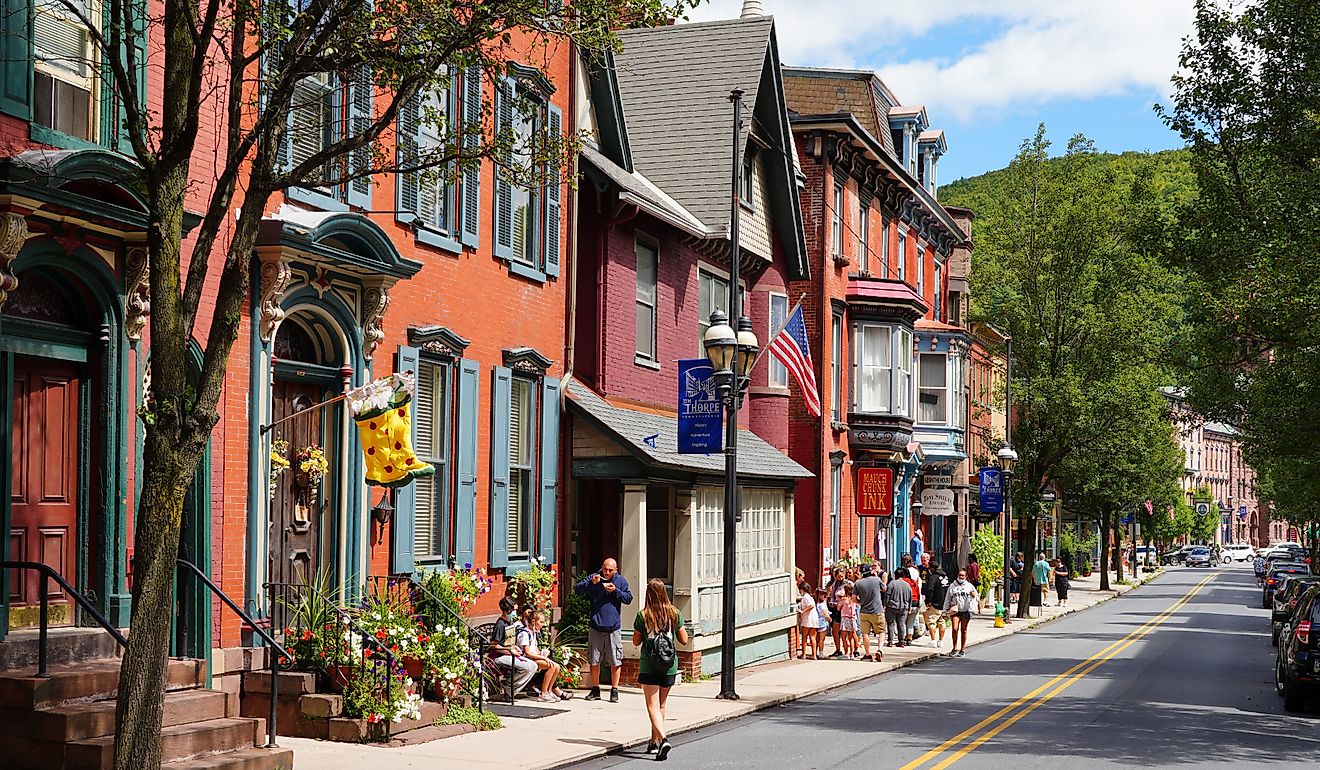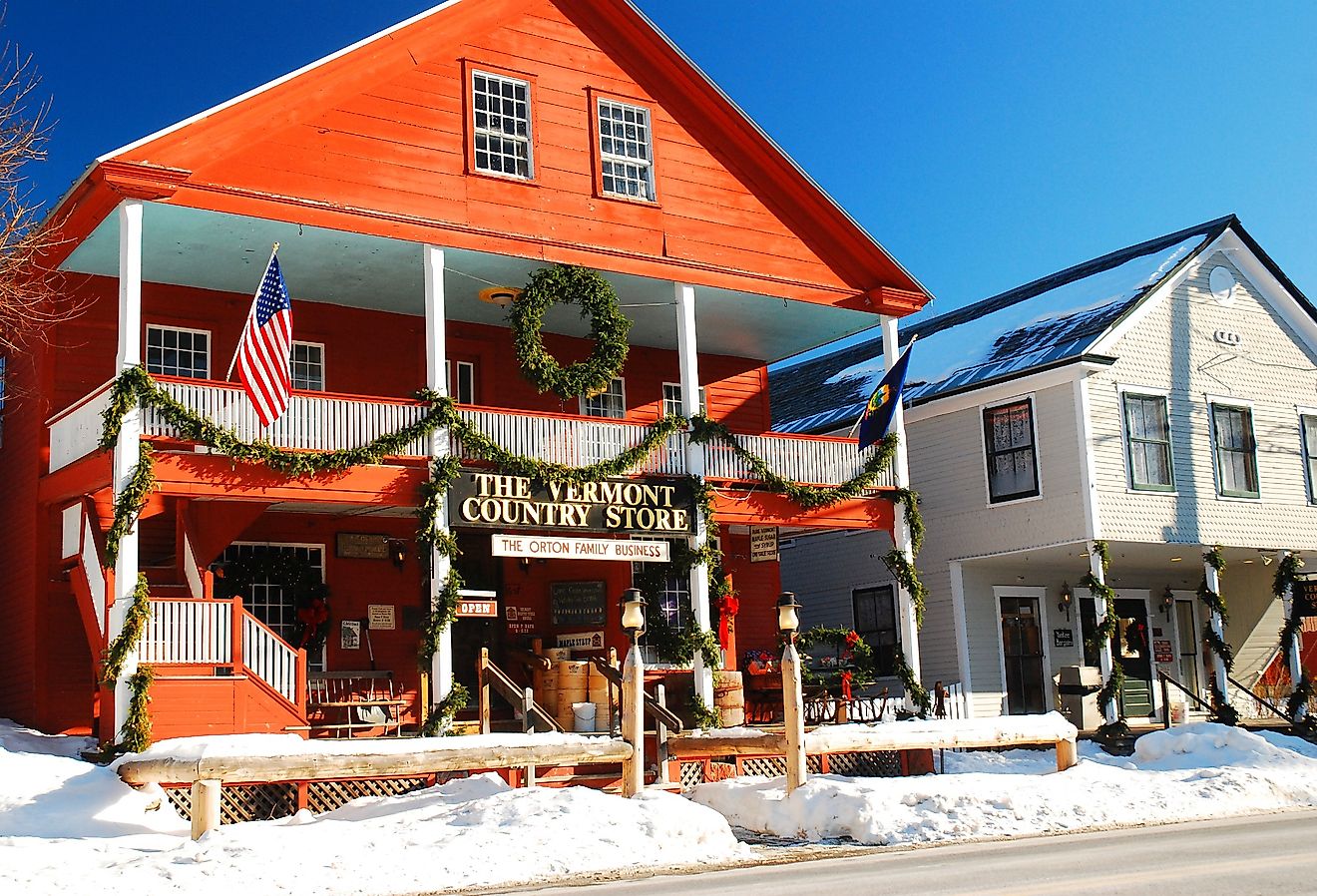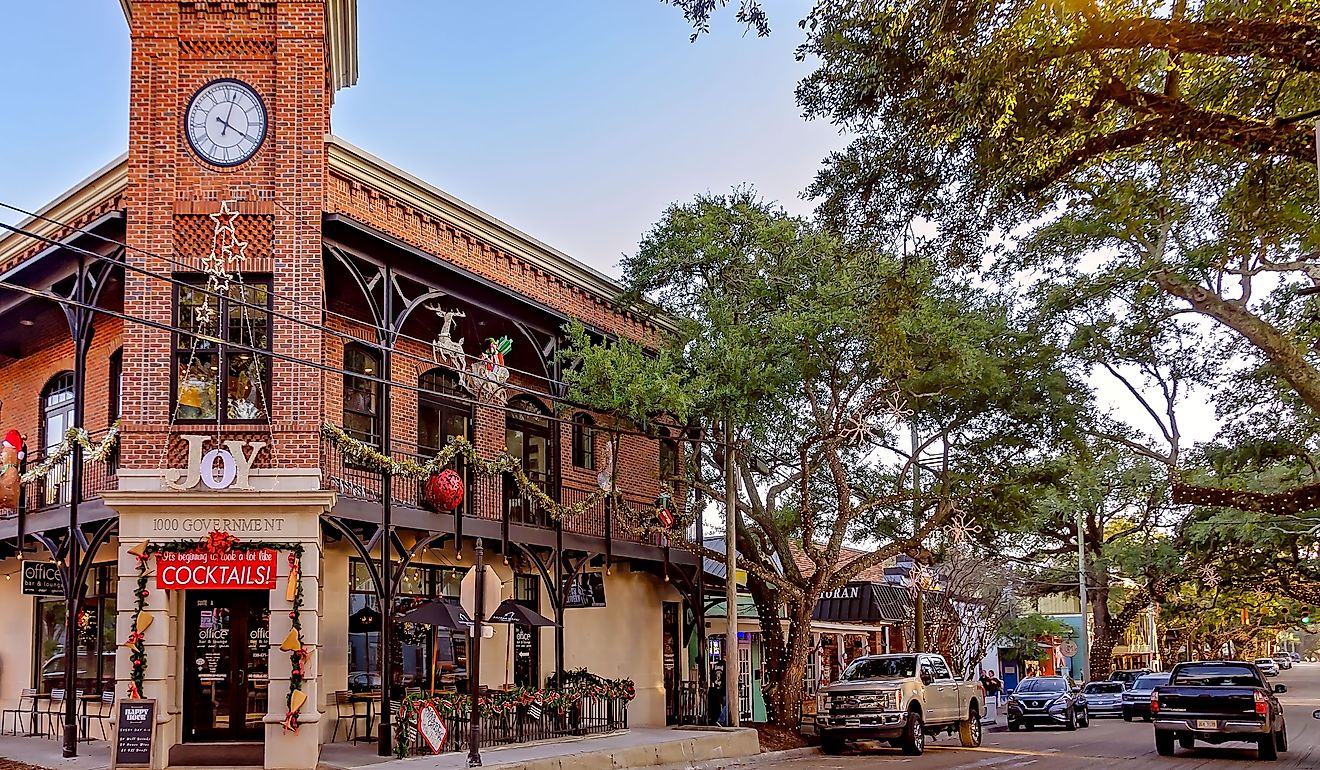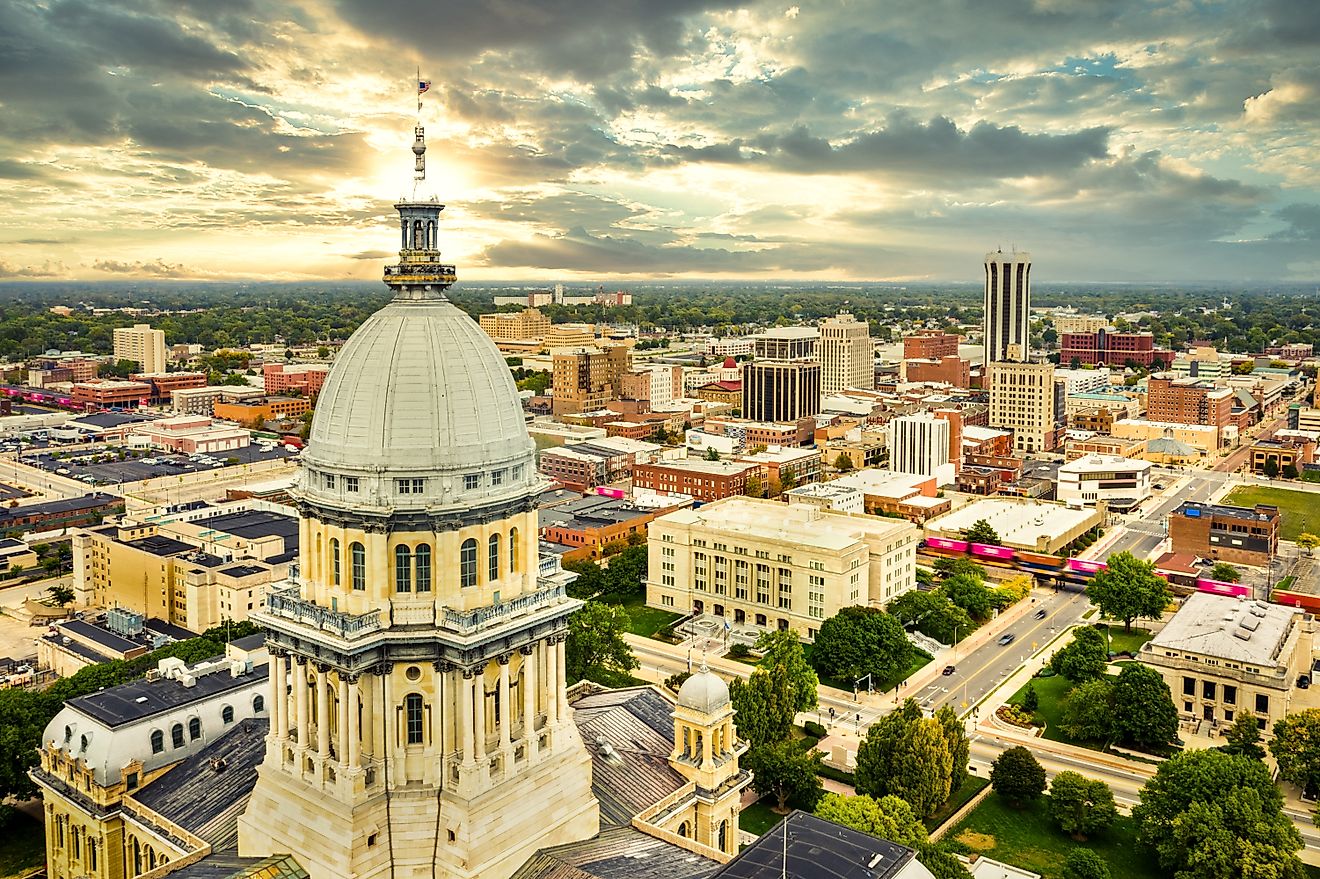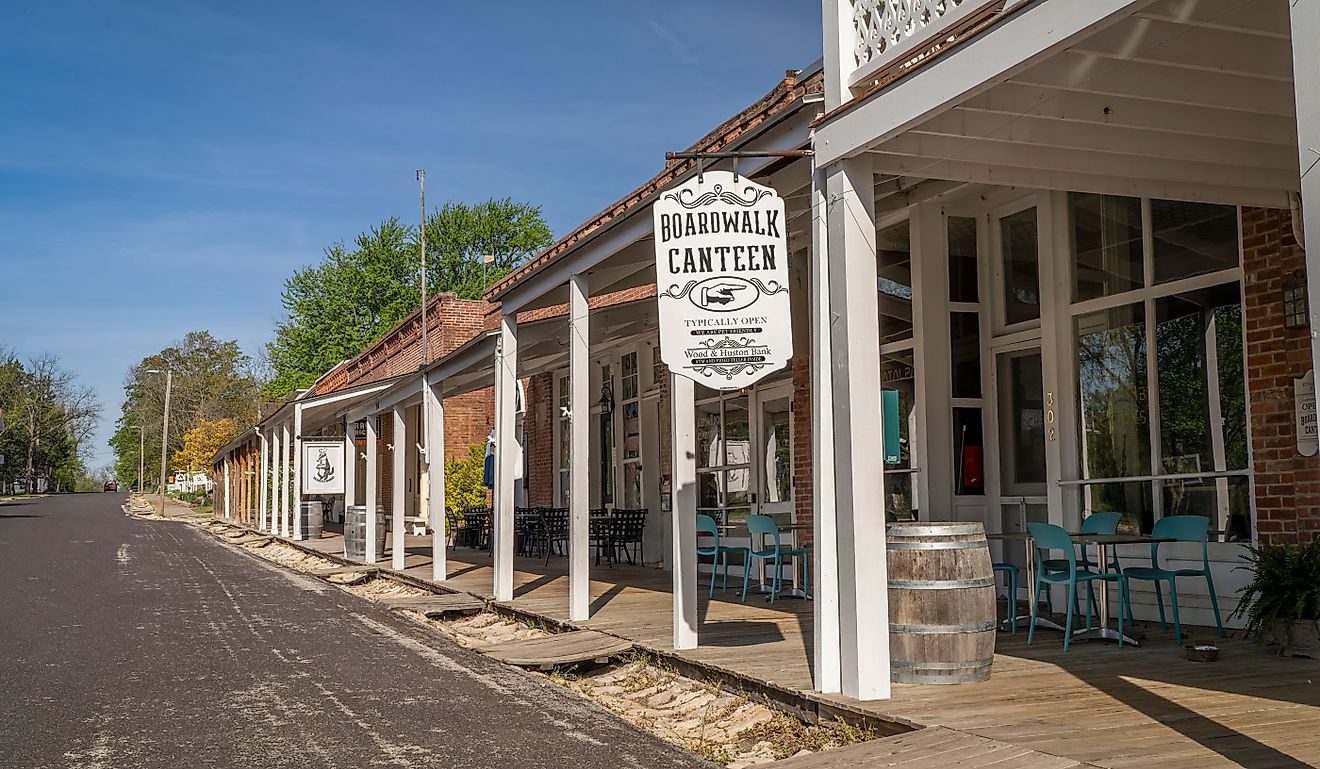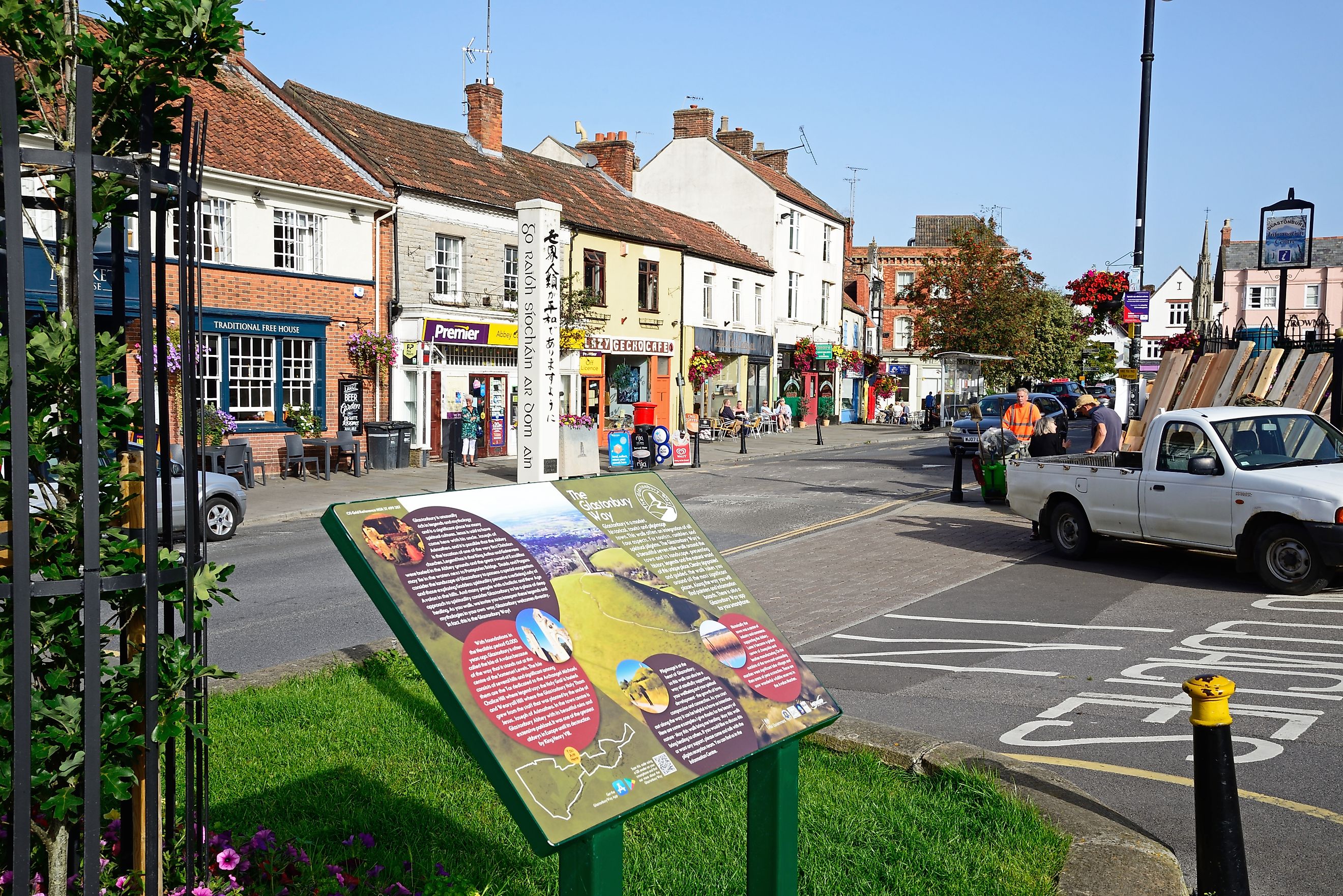
7 of the Quirkiest Towns in the UK
What can be said of the United Kingdom that many know about? For one, the origins of the English language. Two, the British monarchy with all its spectacles and scandals. Shakespeare, for obvious reasons. But what you ought to know about this island nation in Europe are the quirkiest towns in the UK. Where iconic films have come to life due to medieval heritage and where quirky religions and beliefs congregate for purposes unknown, these towns have made their marks in the modern world by being one of the weirdest and most wonderful destinations tourists might be tempted to see out of curiosity. So whatever plan you have for your trip throughout the United Kingdoms, perhaps you should keep in mind the quirkiest towns in the UK.
East Grinstead
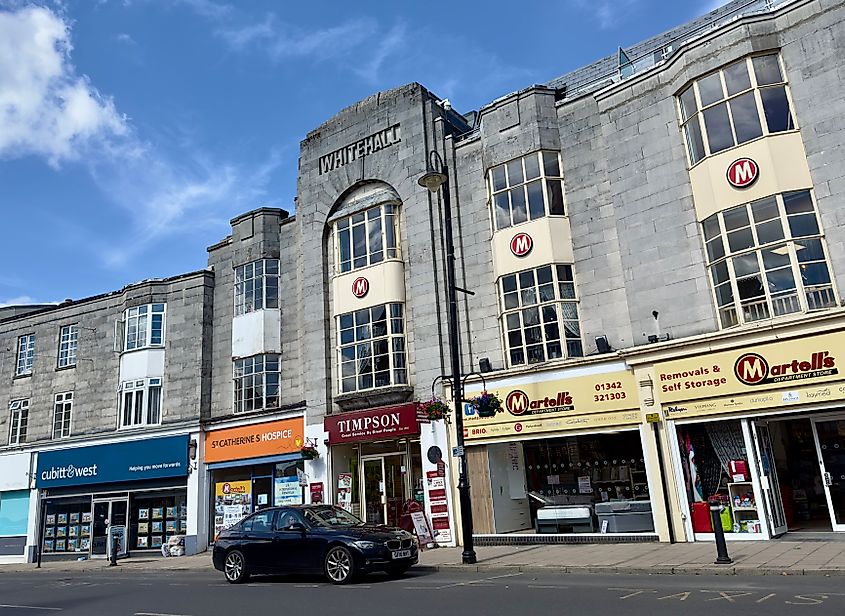
About nine miles east of the city of Crawley, you will find yourself in the strange small town of East Grinstead. Superficially, East Grinstead resembles any ordinary town in the UK with timber-framed Tudor and Medieval buildings. But the town has been a congregation site for followers of Scientology, Opus Dei, Mormonism, and even modern-day British pagans and druids. L. Ron Hubbard, the founder of Scientology, made the Saint Hill Manor as his sect’s headquarters in 1959. Opus Dei members and Mormon devotees—the latter having founded the first Mormon temple in Britain at New Chapel in 1958—also have a few hideouts and headquarters in East Grinstead. As for modern druids and pagans, they likely gather in East Grinstead because of the supposed ley lines—mystical points of historical and symbolic significance—of the Greenwich Meridian Line within The Weald.
But notwithstanding these quirks, East Grinstead happens to a world-renowned center for plastic surgery, particularly at The Queen Victoria Hospital. John Mason Neale, composer of the popular Christmas carol “Good King Wenceslas,” made his magnum opus at Sackville College and whose remains lie next to thee martyrs of the Protestant Reformation at the Saint Swithun’s Church. You can certainly enjoy arts and entertainment at the Chequer Mead Theatre and Arts Centre, while the National Trust property of Standen in Kingscote Valley mesmerizes visitors with its impressive architecture courtesy of William Morris.
Glastonbury

The legend of King Arthur has been a foundational myth in Britain, and the facts of his time are certainly an intriguing mystery. But in the small town of Glastonbury, about an hour away from Bristol and Exeter, one can immerse themselves in an age when chivalry was upheld and the soul of Britain’s future was fought between knights of the realm and the Round Table.
Ascend to the top of Glastonbury Tor, a tower on a hill watching over the marshy Somerset Levels and said to be the home of Gwyn ap Nudd, the fairy folk’s Lord of the Underworld. Enter into the Glastonbury Abbey, a ruined 7th-century monastery said to be the final resting place of King Arthur. You can learn more about the Iron Age and Dark Ages via the artifacts at the centuries-old Glastonbury Tribunal, or journey into the Glastonbury Experience Courtyard for its shops, the Library of Avalon, and the Goddess Temple, the latter being a site of ancient worship for over 1500 years.
A symbolic and spiritual way of entering Glastonbury is by passing through the “Oaks of Avalon,” a pair of trees called Gog and Magog. Aside from Arthurian mythos, you can tour a number of inspiring chapels and churches, such as Saint Benedict’s Church, Saint John’s Church, and Saint Margaret’s Chapel. More spiritual experiences can be gained when drinking from the 2,000-year-old Chalice Well, meandering through the Glastonbury Tercentennial Labyrinth, or admiring the Holy Thorn on Wearyall Hill, said to be a staff of Joseph of Arimathea after his journey to the Holy Land of Jerusalem. However, the best time to visit Glastonbury is in the month of June when the Glastonbury Festival, one of the biggest music festivals in the world, transpires.
Alnwick
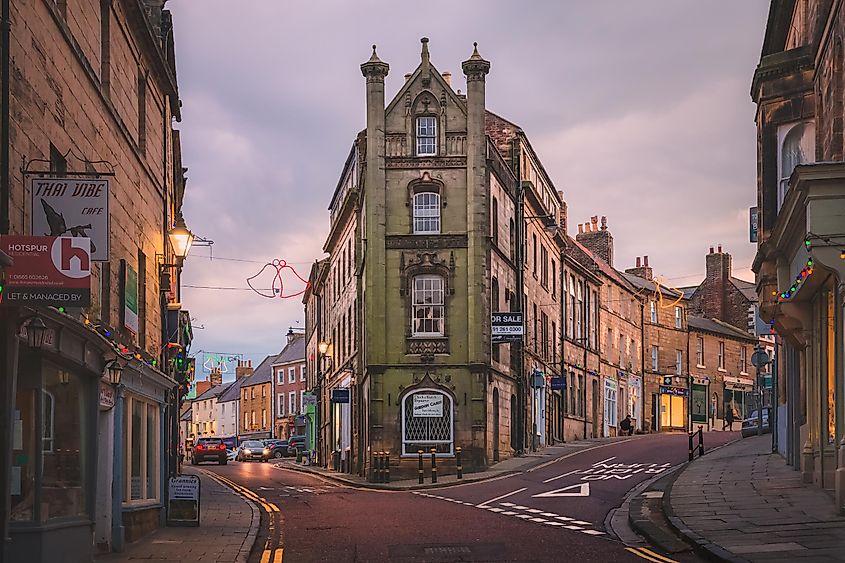
Alnwick, the Heart of Northumberland and about 34 miles north of Newcastle-Upon-Tyne, is a familiar-looking destination for those of you who have watched Downton Abbey, a few Harry Potter movies, and recently Dungeons and Dragons: Honor Among Thieves. The town’s defining feature, the Alnwick Castle, has been the site of these aforementioned films and TV series and more. But long before the second largest inhabited castle in the UK became a film-suitable setting, Alnwick Castle has been the home of the Percy family for over 700 years and has served as a military outpost, a teaching college, and a safe haven for evacuees in times of conflict and diaspora.
A church from the year 1836 has been converted into the Bailiffgate Museum to showcase the different epochs and periods of the UK’s history, while destinations like the Lion Bridge and the Lilidorei at The Alnwick Poison Garden are romantic and whimsical spots for you to photograph (though you should be careful of picking, sniffing, or tasting any of the plants in this area). Most of all, you might be invested in traveling westward towards the Northumberland National Park, which contains Hadrian’s Wall, Kielder Forest, and the Cheviot Hills. More surprises await in this remarkable small town in a region formerly called Northumberland.
Bushmills
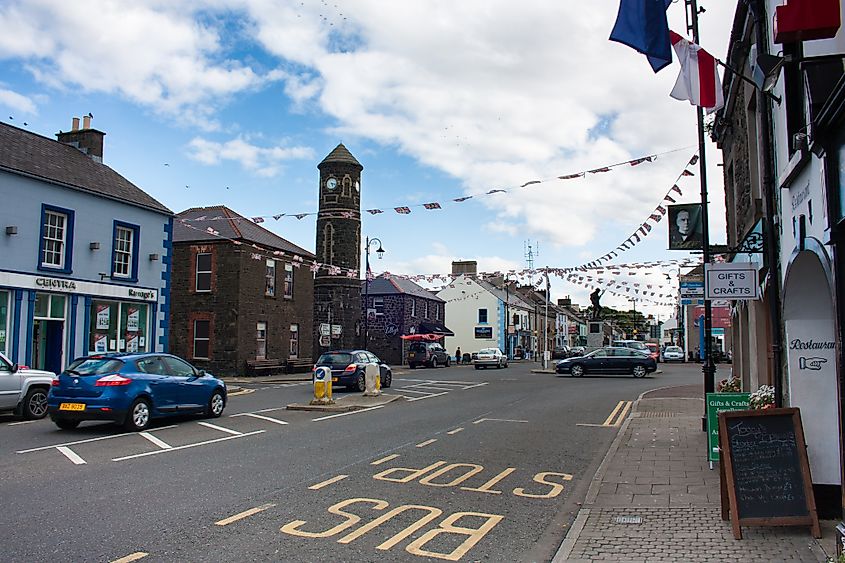
About 60 miles east of the Irish city of Belfast, the wee little market village of Bushmills has captivated the people of Ireland and beyond with its world-renowned Old Bushmills Distillery, one of the oldest distilleries in Ireland since its founding in the year 1608. Where one can sample exquisite Bushmills Irish Whiskey and Black Bush lighter Irish grain whiskey, as well as admire a 17th-century bronze sculpture of a rill, Bushimill knows how to give people a jolly good time in Ireland. However, you ought to stay sober when exploring the many beautiful landmarks in Ireland, among them the Giant's Causeway, a UNESCO World Heritage Site said to have been created by the mythical giant Finn McCool as a means to cross Scotland, and the Dunluce Castle, the former abode of the MacDonnell Clan. One can go strolling about at the White Rocks Beach or journey through the Causeway Coast National Landscape and towards the 5th-century ruins of the Dunseverick Castle. But best of all, you can wait for October to arrive so that you can attend the Bushmills Salmon and Whiskey Festival. Get a taste of the Irish way in the merry small town of Bushmills.
Whitby

An hour away from the city of Middleborough, at a place where the River Esk spills out into the North Sea, the small town of Whitby welcomes its visitors with a smattering of serene sensations in Yorkshire. At the Whitby Museum, travelers can gawk at a range of memorabilia, be they prehistoric fossils and taxidermy or model ships from a time when Whitby was a major seaport in the Yorkshire coastline. The Captain Cook Memorial Museum, on the other hand, exhibits the journeys conducted by the famous Captain James Cook, a native of Yorkshire whose works in cartography chartered a safer course towards Newfoundland, Australia, New Zealand, and Hawaii.
Whitby’s most enduring and endearing landmark, the Whitby Abbey, was founded in 657 AD by the Saxon King of Northumbria and destroyed in 1540 by order of King Henry VIII. The Abbey’s hauntingly Gothic cobblestone skeleton inspired Bram Stoker in 1890 to write the novel Dracula. At the top of Khyber Pass, travelers can see the impressive Whale Bone Arch, which symbolizes Whitby’s whaling industry and is adjacent to a bronze statue of Captain James Cook. Perhaps the best activity you can do in Whitby is board a replica of Captain Cook’s ship, The Endeavor, which runs regular tours of the North Sea from Whitby Harbor.
Woodstock
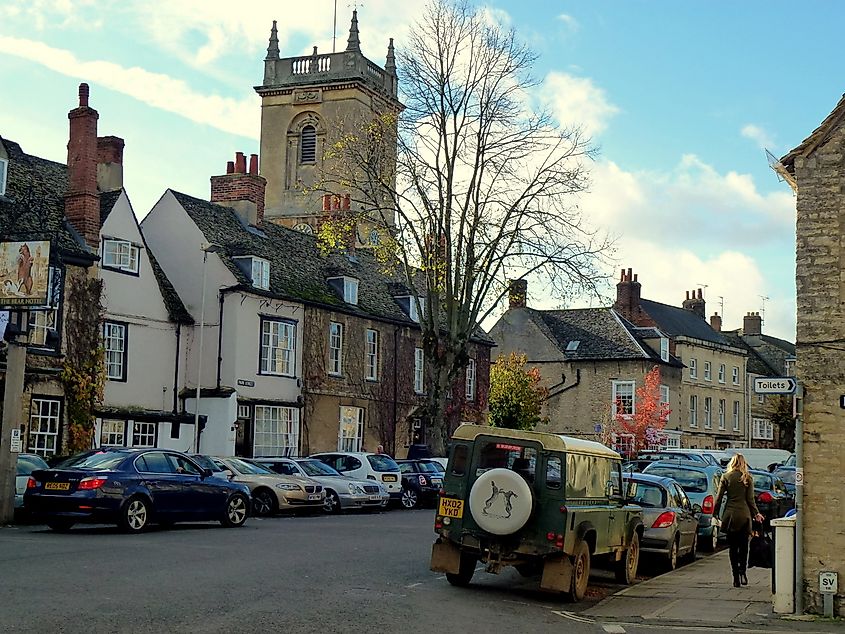
Woodstock is a thriving market town and civil parish on the eastern edge of the Oxfordshire Cotswold. Only about eight miles north of Oxford, Woodstock’s Georgian buildings include the Church of Saint Mary Magdalene with its Norman doorway in addition to the Oxfordshire Museum and the Soldiers of Oxfordshire Museum, the latter two exhibiting several galleries regarding Oxfordshire’s past.
Many tourists flock to Woodstock mainly because it is a convenient gateway to the parish of Blenheim, which contains the UNESCO World Heritage Site of Blenheim Palace. This palatial estate was the birthplace of Sir Winston Churchill and the current abode of the 12th Duke and Duchess of Marlborough. Within the grounds of Blenheim Park, one might find the Harry Potter tree, the infamous murder tree that tries to thump anything near it. Take care not to get too lost when roaming through the Marlborough Hedge Maze, and you might want to take a selfie or groupie beside the luxurious Grand Cascade. Stock yourself with all sorts of traveling necessities for a joyful and memorable trip in Woodstock.
Rye
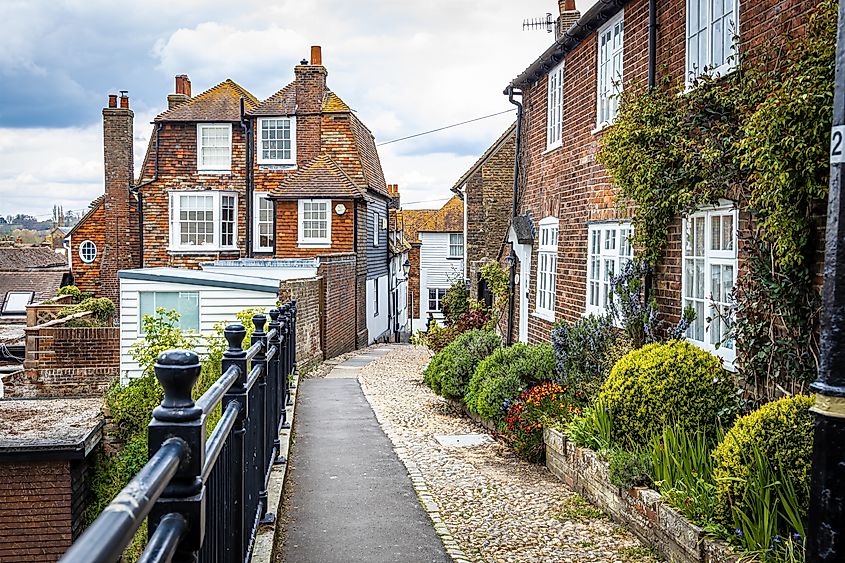
Everything is all right in the town of Rye, and if you should ask why, then look to the fine attractions on the east side of Sussex County. Half-timbered, medieval-themed structures line several avenues in Rye such as the Mermaid on Mermaid Street, one of England’s oldest and loveliest inns complete with Norman cellars dating from 1156 AD. From Saint Mary’s Church Tower, one can get an impeccable view of the village and its lush landscapes. The Ypres Tower beside the Rye Museum also promotes scenic vantages of Rye while giving a comprehensive narrative of Rye’s history, notably the numerous invasions from the armies of France and Spain who crossed the English Channel.
The Saint Mary’s Church, a structure once robbed and ruined by French invaders in 1377, has been revitalized into its original shape for all to see. The Lamb House might seem like an ordinary structure in Rye, but it was there in 1899 that famous British author Henry James wrote Awkward Age, The Wings of the Dove, the Ambassadors, and The Golden Bowl. Other writers, such as A.C. Benson, E.F. Benson, and Rumer Godden, also wrote literary pieces in the Lamb House. Rye often serves as a gateway to a handful of nearby parks and arboreal regions in the UK, particularly the High Weald National Landscape and National Trust - Sissinghurst Castle Garden. So whatever you intend to do in Rye, make sure nothing goes awry.
Houses where famous writers weaved words to shape the world; castles that have endured the tests of time and became renowned for their filmic settings; and the last burial place of one of the most legendary kings in the world—these quirky small towns in the United Kingdoms certainly have it all. Between East Grinstead’s unusual propensity to attract differing religious beliefs Whitby’s historic inspirations for Captain Cook’s navigational propensity, and Bram Stoker’s creativity, you will be astounded by all the strange and whimsical facets each UK town promotes. Be open to the impossible and be mirthful at the unbelievable when you are touring the quirkiest towns in the UK.
